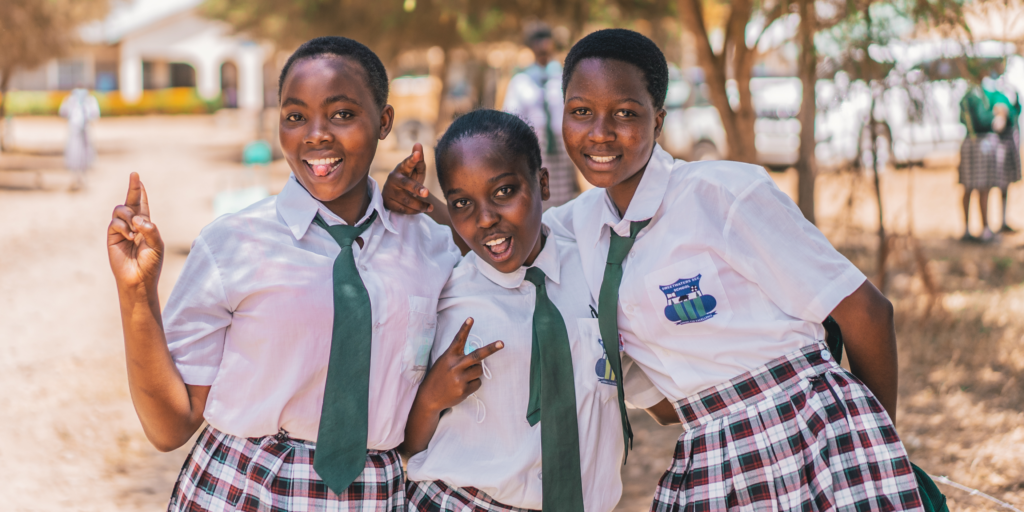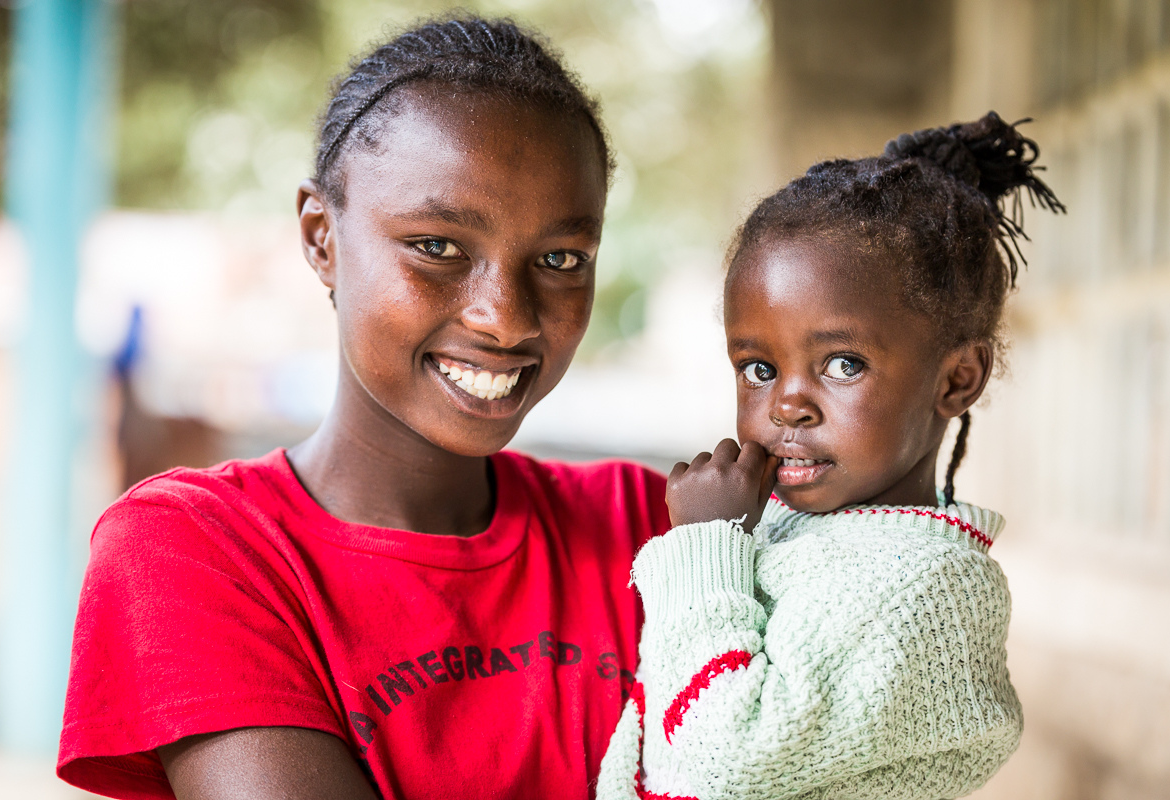November 16, 2023
How are Women and Girls Disproportionately Affected by Lack of Access to Sanitation?
Close to 60% of the world’s population lacks access to a toilet at home or one that can safely handle human waste. In Kenya specifically, only 30% of the population has access to a toilet and safe sanitation (UNICEF). Access to a functioning toilet is not only a fundamental human right, but a gender equality issue as well.
The World Bank’s WASH Poverty Diagnostic discovered that “Half a billion women globally, or 13% of all women, lack a place to defecate, and likely lack privacy for menstrual hygiene management.”
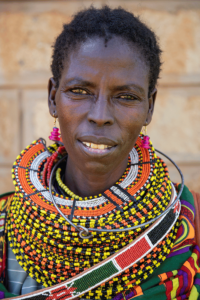 Toilets Empower Health and Safety
Toilets Empower Health and Safety
The absence of accessible toilets contributes to numerous health concerns faced by women, sometimes even bringing into question life or death. Insufficient facilities significantly increase the risk of diseases and illnesses leading to severe health complications, especially for women. “In addition to health risks shared by both sexes—including diarrhea, dehydration, dysentery, typhoid fever, hepatitis A, and even polio—problems like toxic shock syndrome, vaginal or urinary infections, and pregnancy complications affect women alone (World Bank).”
The risk of infections, diseases, and illness is not the only concern for these women. According to a 2018 study done in the shanty communities of Kenya’s Mathare Valley, the probability of sexual assault for these women is 40% higher than for women who have access to toilet facilities.
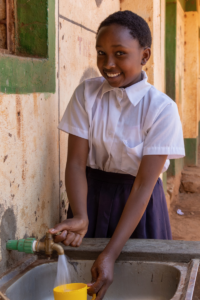 Toilets Empower Education
Toilets Empower Education
In developing countries, over half of primary schools lack proper sanitation facilities. When girls reach puberty, having a private and safe place to change is a large determinant of their educational career. In Kenya, more than 1,000,000 girls miss school monthly during their menstrual cycle, due to a lack of access to toilets and sanitary pads.
Girls are more adversely affected by the scarcity of latrines than boys, even when they are not experiencing a menstrual cycle. In schools without restrooms, girls and women who seek a secluded area run the risk of being assaulted, and unfortunately this happens frequently. This potential danger may cause girls to consume little to no food or liquids during their school days, which could over time result in malnutrition. Girls experience extraordinarily high dropout rates as a result of these dangers and challenges, closing the door on many opportunities that could be possible with a whole education. When clean water is available, education rates increase for girls by 58%. Can you imagine how much higher that number could be if sanitation facilities are also available?
Toilets Empower the Economy
Inadequate access to toilets poses significant barriers to not only women’s education but their economic participation as well. When girls are forced to drop out of school and are not able to complete their education, this perpetuates a cycle of limited employment opportunities and economic empowerment. For women in workplaces, the lack of proper sanitation facilities further hampers their productivity by forcing them to spend valuable time searching for appropriate facilities or even causing them to miss work altogether during menstruation or due to the fear of getting assaulted.
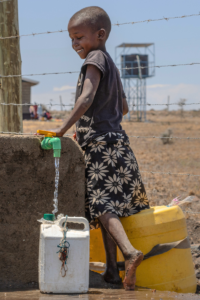 Toilets Empower Passions
Toilets Empower Passions
In societies where latrines are scarce, women’s mobility and agency are significantly curtailed, along with their mental health and their dignity. This restricts their ability to participate fully in public life, engage in their passions, and exercise their basic rights. A sense of autonomy and self-confidence cannot be developed under these conditions. Women’s social empowerment is directly impacted by their access to toilets.
But, Clean Water First
Before a safe sanitation system can exist in a community, clean water needs to be available. Once Well Aware drills a well or installs a rainwater system, our technical team designs and builds out pipes to go throughout the school, usually to a couple spickets and a sink to wash hands after restroom use, but a lot of times there are no restrooms for schools of hundreds of kids. Our work has always been focused on clean water availability, leading to a Ripple Effect of education, gender equality, economic growth, peace, health, and more. But we are delighted to introduce a new initiative into our programmatic work.
Amplifying our Impact
This new initiative will deepen the impact our work is having on African girls and women, who are disproportionately and profoundly impacted when there is a lack of water and sanitation in their communities. Beginning in 2024, we plan to offer eligible communities access to both clean water systems and toilets! We aim to change the statistics that 1,000,000 girls miss school monthly, and we are hopeful that by implementing clean water systems and toilets together, gender equality and education rates will continue to grow exponentially. Learn more about our new initiative here.
